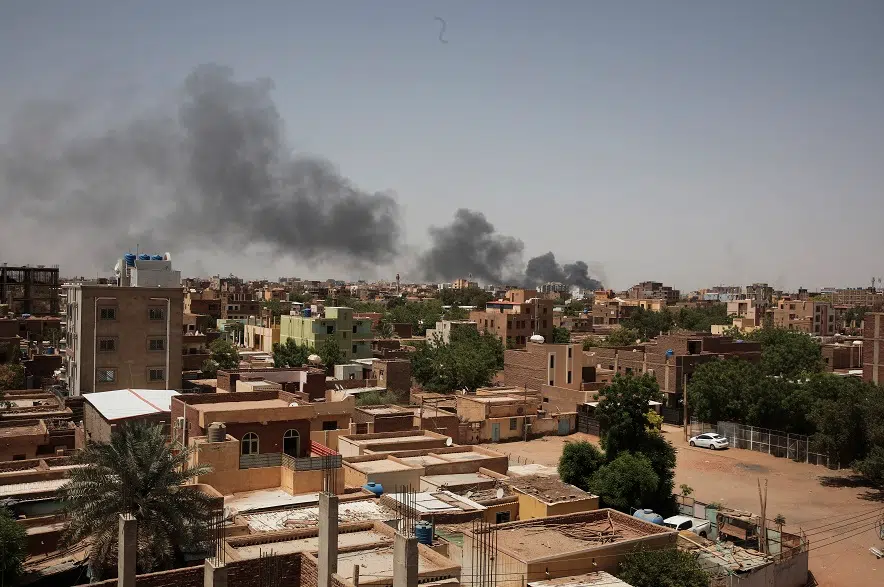By Derek Craddock
For nearly two weeks, fighting has escalated in the East African nation of Sudan, and it is bringing worry and concern to the local Sudanese community.
Abdulmalik Mohammed lives in Prince Albert, having come to Canada from Sudan in 2018. Just a few weeks ago, he visited his mother in Khartoum, Sudan’s capital city. Not long after he returned, fighting between the country’s armed forces and paramilitary troops began.
Since the day the conflict started, Abdulmalik said he has worried day and night for his family still in the country.
“We have been watching live and communicating with family,” he said. “Sometimes at night, I don’t sleep because when we are sleeping at night here, they have morning or daytime over there. Daytime is when the war and shooting is going on.
“I don’t know how to describe this feeling of sad for people and my family facing such a situation like this.”
He said for family and friends still in Khartoum, the fighting has almost barricaded them in their homes, and they are unable to go out to get food and other necessities. He said roughly 75 per cent of health services, including the hospitals, are out of order.
“The water is cut off; the electricity is cut off. We, over here, are feeling very unsettled,” said Abdulmalik.
As more countries try to get their residents out of the capital, both warring sides have agreed to a 72-hour ceasefire. A previous attempt to halt the fighting earlier this month was ignored.
While there is hope the ceasefire will stand this time, Abdulmalik acknowledged it will only be a Band-Aid solution as the fighting has also resulted in break-ins and looting, especially in the capital.
“If you get out of your house, you may get killed or not able to come back. Also, there’s a lot of looting at night,” he said. “At night you might hear that your neighbours are attacked. Anytime somebody could come to your room or house and ask you to give you what you have or kill you. That is still going on.”
One man who has heard of the horrors happening in Sudan is Gord Barnes, a volunteer and fieldworker with Amnesty International Saskatchewan.
He said many Sudanese people living in Saskatchewan suspected another conflict might happen after the War in Darfur ended in 2020.
“Things were deteriorating, and they didn’t really know for sure what was going to happen. Now to see what’s going on in Sudan is tragic in terms of the consequence for the future of the country and the people that are there,” Barnes said.
Barnes said he’s hopeful that there will be a peaceful end to this current rash of fighting, but said multiple parties need to be on board.
“I hope that there will be every effort made by the international community to focus pressure on the parties to the conflict in Sudan,” he said, “that every effort will be made to limit their access to weapons and also to bring about some resolution that provides for an opportunity for peace.”
Meanwhile, for Canadians in Sudan, Prime Minister Justin Trudeau said on Monday that a C-17 in the region was prepared to evacuate Canadians from Khartoum. About 58 Canadians were on board a German plane that left the country earlier this week. Global Affairs Canada said there are roughly 1,600 Canadians registered in the country.
As for Abdulmalik, he said he will be watching every day the events as they unfold but right now, he does not feel optimistic that a resolution to the conflict will come quickly.
“There is no hope that it is going to be safe soon in Sudan,” he said.











